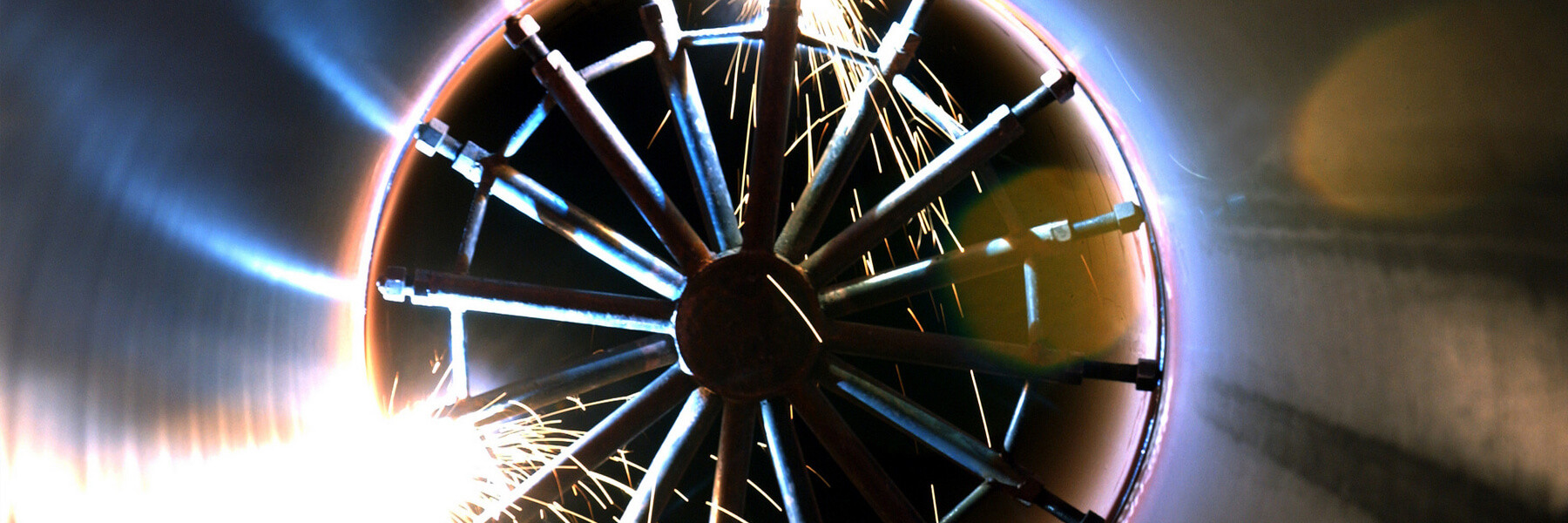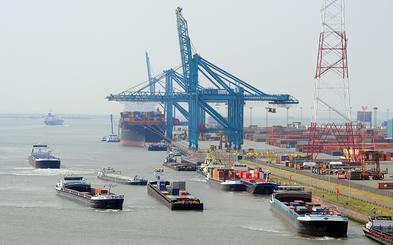INNOVATIVE PROJECTS PLATFORM

CCS and CO2 Transport
Carbon Capture and storage is the process of capturing CO2 from a set of possible sources, such as for example fossil fuel power plants, transporting it to a storage site, and depositing it underground on a permanent basis. The aim is to prevent the release of CO2 into the atmosphere.
OGE
CO2 transportation grid
The transportation grid consists of the CO2 starter grid and expansion routes. With a length of 964 km, the planned CO2 starter grid is set to transport 18.8 million tons of CO2 in future. Locations are connected where CO2 is captured, such as the cement and lime industries, with places where CO2 is used, like the chemical industry – all with the goal of a circular economy. Locations are linked up where CO2 is captured with relevant port facilities like Wilhelmshaven.
Fluxys
Ghent Carbon Hub
Fluxys, ArcelorMittal Belgium and North Sea Port have started a feasibility study for the Ghent Carbon Hub project, an open-access CO2 storage and liquefaction hub in the Ghent part of North Sea Port.
Besides the use of carbon-neutral energy, carbon capture, utilisation and storage (CCUS) is essential for CO2 intensive industries to achieve net zero emissions, especially in hard-to-abate sectors with processes inherently generating CO2 emissions.
SNAM SpA
Italian CO2 Network
The project regards the installation of 413 km of network for the transport of CO2 and the construction of a dedicated compressor station.

Fluxys Belgium S.A.
CO2 Capture in Port of Antwerp
Eight leading players in the Antwerp Port area – Air Liquide, BASF, Borealis, INEOS, ExxonMobil, Fluxys, Port of Antwerp and Total – have signed a collaboration agreement as a first move towards the possible development of carbon capture, utilisation and storage (CCUS) infrastructure. The consortium will carry out a joint study into the economic and technical feasibility of such facilities. CCUS applications can make an important contribution towards achieving climate goals.
Contact: michel.vandenbrande@fluxys.com
Gas Networks Ireland
Feasibility study of CCS in Ireland
Ervia and Gas Networks Ireland are investigating the potential for a large-scale CCS project in Ireland to capture the CO2 from a number of gas-fired CCGT power plants so that they provide low-carbon electricity. Initial findings suggest that CCS may be technically and economically viable for Ireland and over the next few years Ervia will progress feasibility studies into the technology for Ireland.
Contact: CORKCCS@gasnetworks.ie

